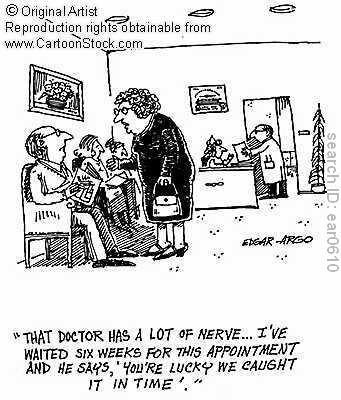If you’ve followed my blog at all, or even gotten to know me on Twitter or Facebook, you should already know that I’m all about the limitless potential of all children, with or without Autism. My whole goal is to not just raise awareness but to have people understand and accept people with Autism for who they are.
However, you should also know that I’m never one to forget just how hard Autism can be on a person. I’m not the type of person to write about the good and/or bad without acknowledging that the opposite is also true.
The situation
I like to come up with my own “quotes” or thoughts that I share, some personal insight that perhaps others may or may not share. I try to inspire or get people thinking as much as I can.
Recently, one such quote has been “corrected” a few times now on me, which is why I bring this up in this post.
No matter the severity, never underestimate a person with Autism. There could be brilliance struggling to get out.
On more than one occasion, some parents have tried to tell me that it’s not “there could be brilliance”… it’s “there is brilliance”.
Let’s be fair
The truth is, I am an optimist and believe that anything is possible, anyone is capable of anything but I’m also very grounded in reality. The reality is that not everyone is brilliant… Autism or not.
Now, some Autistics discover a powerful strength in one specific field, whether it be music, math, art… what ever. Some are so amazing that they are classified as a savant.
The fact is, most Autistics are not savants though.
I realize that it’s going to sound harsh (see post title) but in reality it’s not. Not every single person with Autism is brilliant. It’s just not any more likely than it is for any other people.
As I said, it’s not to say that they can’t be brilliant at something, or work really hard to become brilliant… but the fact is just that, not everyone is brilliant.
My answer to those who correct me
My answer to those people is: “I said what I meant and I meant what I said.”
 I can’t, in good conscience, refuse to label all Autistics as disabled or slow or having a low IQ and then turn around and label them all as brilliant. If I am expected to avoid labeling all Autistics to the negative, then I must also avoid labeling all Autistics to the positive as well.
I can’t, in good conscience, refuse to label all Autistics as disabled or slow or having a low IQ and then turn around and label them all as brilliant. If I am expected to avoid labeling all Autistics to the negative, then I must also avoid labeling all Autistics to the positive as well.
Instead, I’ll focus on potential because everyone has potential. I’ll focus on possibilities because anything is possible.
But I will not place unrealistic expectations or insinuations on anyone in an attempt to be overly optimistic and happy sounding.
I’m sorry if this post sounds a bit like a rant or if it sounds a little more negative than I usually am, but the next time someone corrects something I say in such a manner, it’ll be far easier to point them to this thread than it is to try to explain it all over again in 140 characters or less.
Don’t put a label on Autistics that you wouldn’t put on anyone else. Not everyone is brilliant. Not everyone is dumb. But everyone has the potential to be great.













